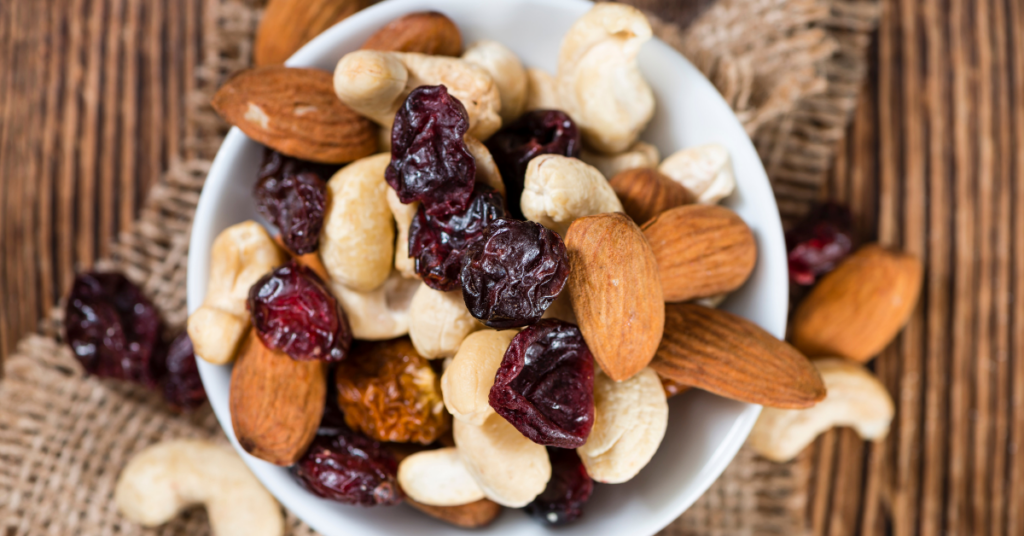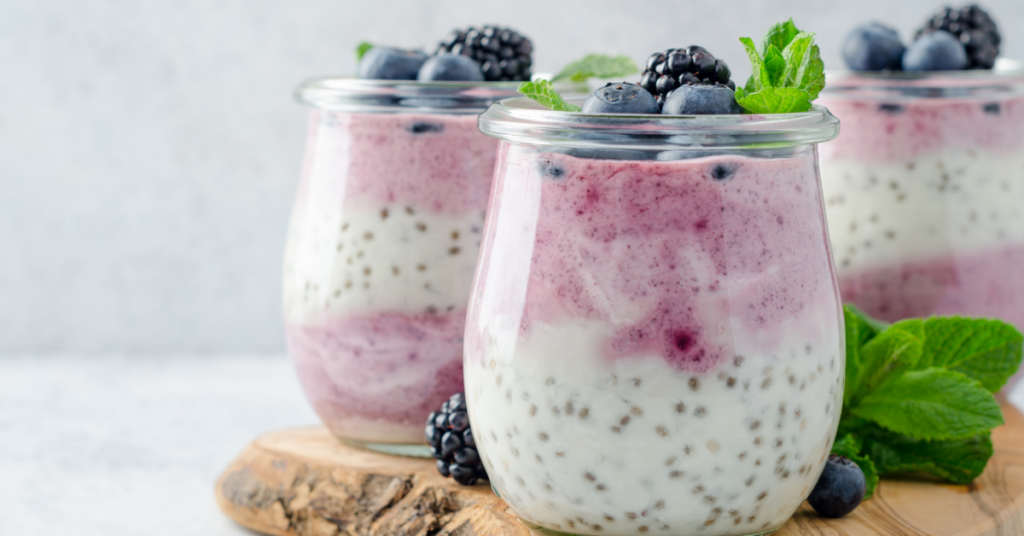Article at a Glance:
- If your goal is weight loss, it’s important to include foods throughout your day that keep you full and satisfied.
- Consuming filling meals and snacks can help prevent overeating and reaching for foods that won’t support your goals, like ultra-processed and high-calorie foods.
- Including a variety of whole plant-based foods that provide fiber, protein, and healthy fats can support satiety and help you reach your weight goals.
If you’re trying to lose weight, it’s important that the foods you’re consuming throughout your day keep you full and satisfied. When you feel deprived and hungry, it’s easy to gravitate towards foods that may pack on excessive calories and leave you feeling sluggish.
Including foods in your diet that are filling and nutrient-dense is how you can make your eating plan sustainable for quick results and long-lasting habits. A plant-based diet for weight loss can be very effective.
Here are my go-to tips and foods to include in your diet to help you stay full and avoid overeating for real results, from a Registered Dietitian.
Include Fiber
Adding fiber-rich foods to your meals is a great way to help you stay full and satisfied. Fiber not only keeps you satiated, but it also provides a host of other health benefits such as lowering cholesterol, supporting digestive health, and managing blood sugar levels. Steady blood sugar levels throughout the day can help you avoid energy crashes where cravings tend to strike.
Foods to include: beans, lentils, avocados, berries, oats, broccoli, and chia seeds.
Fill Up on Protein
When eating a plant-based diet, the biggest concern tends to be how to get enough protein—but this doesn’t need to be difficult. Protein supports satiation, helps maintain and build lean muscle mass, and can also support weight management, and there are plenty of plant sources of protein.
Foods to include: black beans, tofu, tempeh, cashews, almonds, pumpkin seeds, chia seeds, and chickpeas.
Add Fermented Foods
A healthy gut is the foundation for overall wellness and weight loss. To support gut health, be sure to include fermented foods, which provide probiotics (active live microorganisms).
Probiotics from fermented foods encourage the growth of healthy bacteria, which improves the overall health of the gut microbiome. A healthy gut can support immunity, digestion, and weight management.
Foods to include: sauerkraut, kimchi, kombucha.
Keep Things Interesting
It’s difficult to stick to a healthy eating plan if you aren’t excited about the food you’re eating. Keep things exciting and flavorful by adding new spices and a variety of preparation methods.
When you’re excited about your diet, it’s easier to enjoy balanced meals and avoid reaching for foods that won’t support your goals.
Foods to include: seasonings and spices like garlic powder, basil, paprika, and turmeric, to name a few. Try different cooking methods like air frying, sauteeing, and steaming.
Vary Your Veggies
Vegetables are extremely nutrient-dense, providing a variety of vitamins, antioxidants, and phytonutrients. They’re also high in volume which can help you feel full without packing on excessive calories.
Foods to include: greens such as spinach, kale, and Swiss chard. Brussels sprouts, broccoli, bell peppers, and squash, to name a few.
Don’t Fear (Healthy) Fats
When your goal is weight loss, it’s common to think you need to cut dietary fat from your diet, however, healthy dietary fats help provide satiation to your meals, and provide omega-3 fatty acids, which can reduce inflammation, support brain health, and are essential for fat-soluble vitamin absorption (vitamin A, E, D, and K).
Foods to include: avocado, olive oil, almond butter, chia seeds, and hemp seeds.
Live Complete Takeaways
Losing weight is easier and more sustainable when you include a variety of plant-based foods that support satiation and gut health, as well as a variety of flavors to keep your meals exciting.
If your goal is a plant-based diet for weight loss, or just want to eat healthier, add a variety of veggies, healthy fats such as avocados, olive oil, nuts, and seeds, and plant proteins like beans, tofu, and chickpeas.



